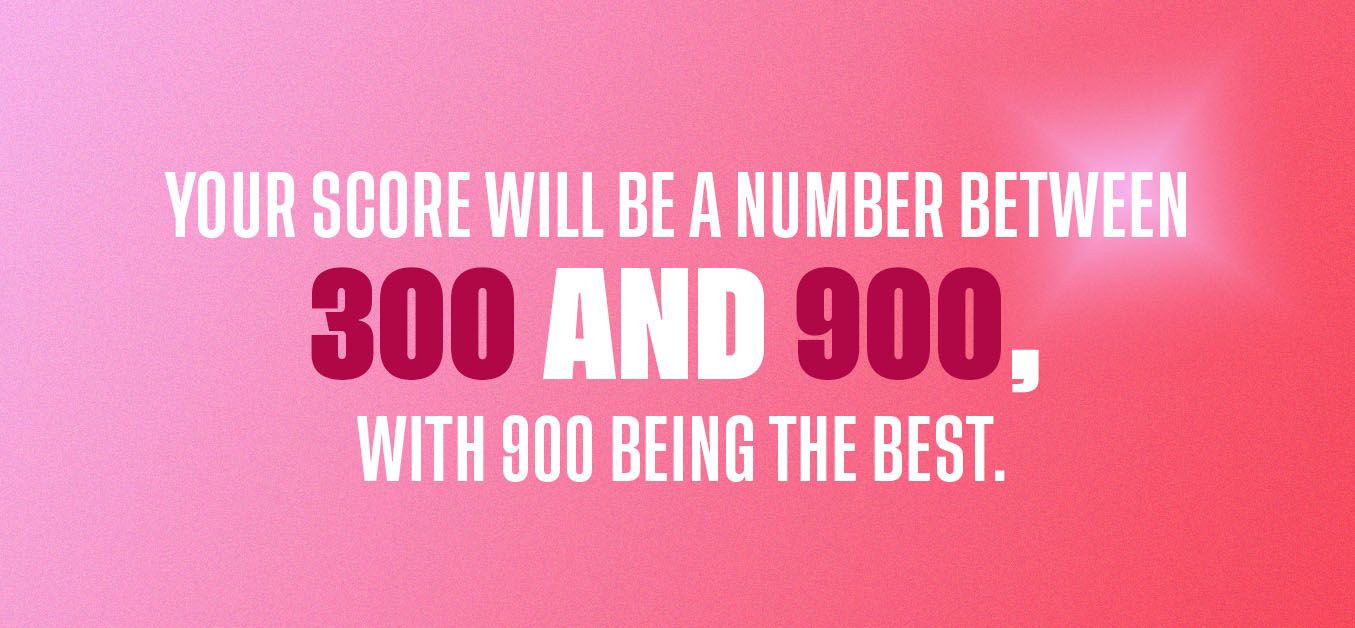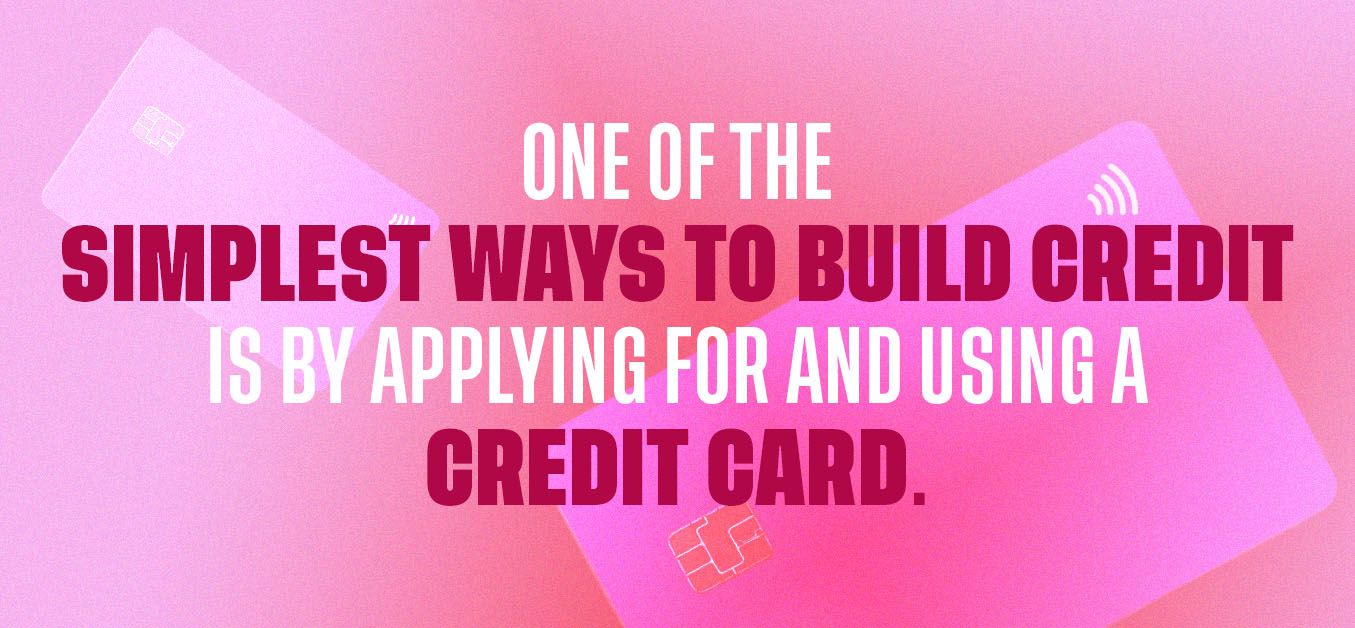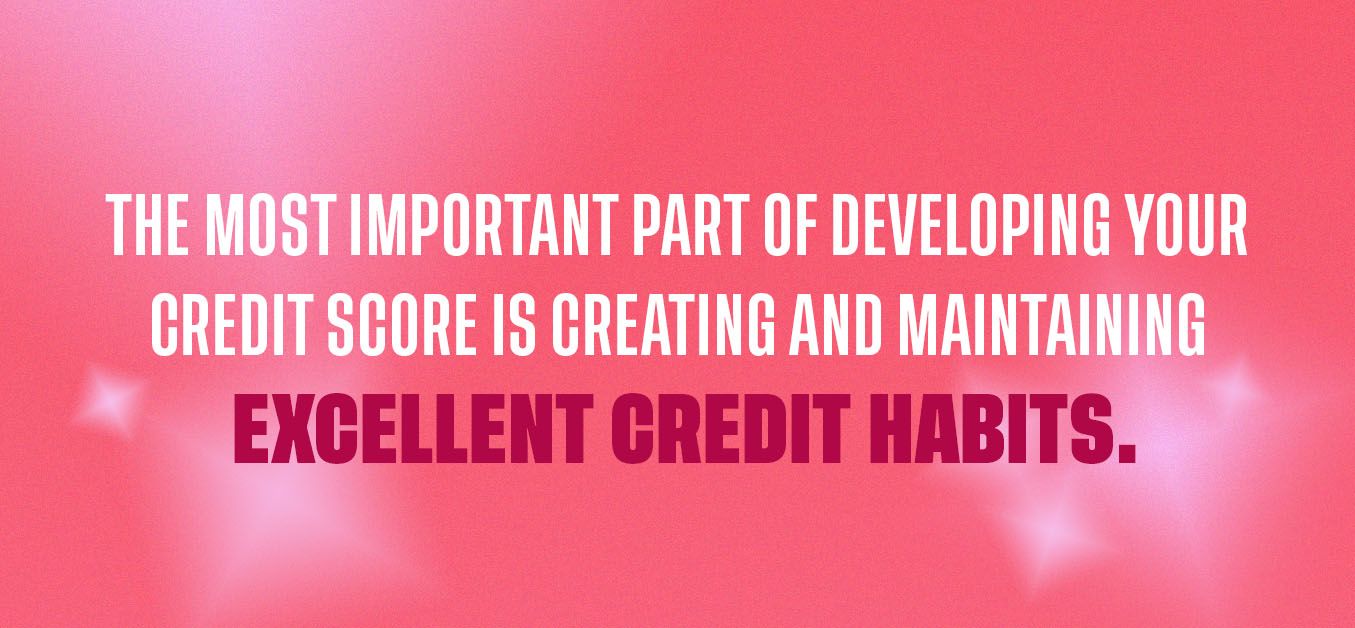A Newcomer's Guide to Credit Scores in Canada
Credit scores underscore much of Canadian financial health. A good credit score allows you to borrow money for things like mortgages; a bad credit score can bring on higher interest rates and unfavourable loan terms.
It’s important to know the ins and outs of credit scores—and building up your own—which can help ensure you’ll be able to participate in Canada’s financial system with the best terms like interest rates.
Before we get into it, we’d like to note that while using credit cards can be a good way to build up your credit, it’s extremely important you don’t become over-reliant on them. If you get a credit card, consider using it to pay recurring bills as necessary, not as a free-money-machine, because it’s not that. Do not let your debt add up. Only spend the money you already have.
(Product plug, because why not, and also it’s free to order)
| GO TO MOGOCARD |
What are Credit Scores?
Credit scores, in essence, are risk ratings based on your credit history.

These scores are a factor that prospective lenders use to help measure how trustworthy you are with making loan payments.
When you apply for a credit card or loan, potential lenders will check with Canada’s credit bureaus (usually Equifax or TransUnion) to find out about your credit score. Using your score, the lenders will decide how much money they can offer you, if any, and on what terms.
When building your credit, it’s important to take steps to help ensure you maintain a strong score. This will enable you to take out larger loans, like mortgages, at better interest rates than if you have a weak score.
Good Credit Scores in Canada
Generally, a credit score is considered good if it falls between 660 and 900. Credit scores from 660 to 724 are considered good; 725 to 759 are considered very good; and 760 and up are considered excellent.
Credit scores are calculated using a series of scoring models which are specific to each credit bureau. We’ve looked at Equifax’s scoring models for this post.
Equifax’s model involves your payment history including any missed or late payments, which account for 35% of your score. Next is your credit utilization, or, how much of your available credit is currently in use. This indicator accounts for 30% of your score. The last 35% is made up by your credit history, your public records (how long you have had credit), and inquiries (related to seeking credit).
To earn and maintain good credit, you’ll need to manage these indicators.
While there is no “magic number” that automatically earns you better interest rates on mortgages or loans, generally, you will receive better offers if your credit score is higher.
Bad Credit Scores in Canada
It is unfortunately easy to earn a bad credit score in Canada. Missing a few payments, especially if you have limited credit history, can have serious ramifications on future credit requests.
A bad credit score is 574 or lower.
A bad credit score doesn’t necessarily preclude you from getting loans.
However, you’ll be offered loans with higher interest rates and less favourable terms. For context, a typical interest rate (APR) charged on many Canadian credit cards can range between 12% and 29.99%.
If you have bad credit, you may only be offered credit cards with rates as high as 40%. That means if you borrowed $100 and didn’t repay during the grace period, you may have to repay $140 if you made no payments for a full year, or even more if it took you longer to pay it off.
Similarly, many “super brokers” can offer mortgages with interest rates under 2%. If you have bad credit, you’re more likely to face interest rates at 5%—or even higher.
Terms like these can set you up to fail. This is why it’s so important to maintain a good credit score.
How to Improve Your Credit Score as a Newcomer
Many newcomers to Canada may not realize how important credit scores are for fundamental needs like securing housing. It is very common for a landlord to ask to check your credit score before they agree to let you rent housing from them.
Apply For An Unsecured or Secured Credit Card

You can apply for a credit card using big banks like RBC or Scotiabank, both of which offer packages specifically for new immigrants hoping to build Canadian credit. Purpose built packages such as these are designed to help you succeed, and often come with personal support like in house financial advisors. But there are other options, too.
Typically, people apply for unsecured credit cards. But there’s another option that can come in handy when you don’t have a credit history to show the bank: a secured credit card. A secured credit card requires a deposit in the amount of your desired credit limit. The bank will hold onto this amount as “security” in case you can’t pay off your card at any time. This reduces risk for lenders, but still allows you to demonstrate strong repayment habits.
Both of these cards will relay your good credit habits back to the credit bureaus, and you will be more likely to build good credit by maintaining those habits.
Consider Other Types of Credit
The credit bureaus take into consideration your good habits concerning different kinds of credit. For example, purchasing a mobile phone with a monthly plan and making payments on time and in full reflects very well on your credit score. The same is true if you purchase a car, or take out another large loan; as long as you are prompt in making full payments on schedule, your credit will grow that much faster.
Develop Good Credit Habits
As a new immigrant, the first step to building good credit is obtaining loans or credit cards.

Remember: just as you can build good credit, you can also earn bad credit, and bad credit can have serious ramifications on your life as time goes on.
As a rule, you should always:
- Pay off your credit card balance in full by the monthly statement due date.
- Use less than 30% of your available credit. This is your credit utilization; keeping this number low is very important to building a good credit score and will help you continue to pay off your balance in full every month.
- Always pay your bills and make loan repayments on time.
- If you can’t pay your balance in full, make at least the minimum payment; but always aim for more.
Regularly making on-time payments and keeping your credit utilization low will help you build good credit in Canada.
Monitor Your Credit Score with Mogo
At Mogo, we offer free credit score monitoring to help you keep track of your goal of building a great credit score in Canada. Credit score apps like Mogo are a great way to ensure you’ve got consistent visibility into your credit score¹.
As part of our free credit score monitoring, Mogo also offers regular tips and tricks to help keep your credit building on track through our free MoneyClass. MoneyClass is housed in Mogo’s free app, so you can stay up to date on your score and best practices without hassle.
It is important to build good credit in Canada. Good credit helps ensure you’re eligible for the best terms on loans, from credit cards to mortgages, which can save you money and stress in the long run.
If you have bad credit, don’t fret. We can help. It’s time to get to work and start improving your credit score today.
| GO TO MOGOSCORE |
*Trademark of Visa International Service Association and used under licence by Peoples Trust Company. Mogo Visa Platinum Prepaid Card is issued by Peoples Trust Company pursuant to licence by Visa Int. and is subject to Terms and Conditions, visit mogo.ca for full details. Your MogoCard balance is not insured by the Canada Deposit Insurance Corporation (CDIC). MogoCard means the Mogo Visa Platinum Prepaid Card.
1 - Free credit score is provided by Equifax and is only available to MogoAccount holders that have passed identity verification. The Equifax credit score is based on Equifax’s proprietary model and may not be the same score used by third parties to assess your creditworthiness. The provision of this score to you is intended for your own educational use. Third parties will take into consideration other information in addition to a credit score when evaluating your creditworthiness. Equifax® is a registered trademark of Equifax Canada Co., used here under license.